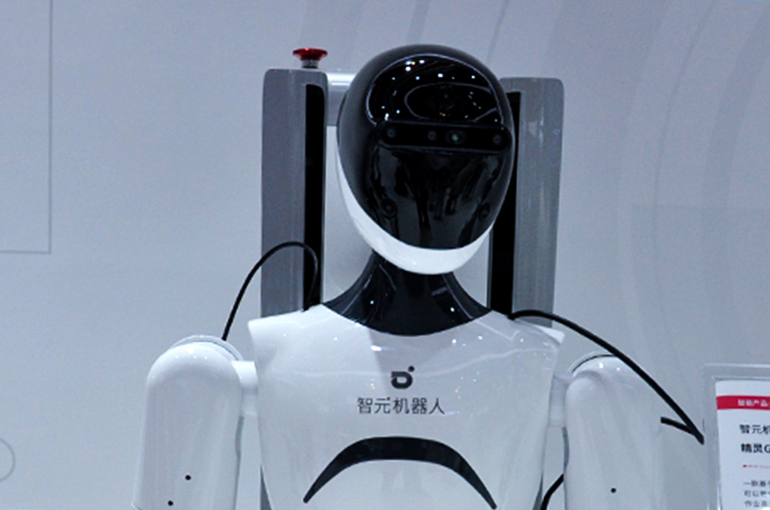Select Language:
A groundbreaking platform for robotic manipulation has been introduced, combining policy learning, evaluation, and simulation into a single, video-generative framework—the first of its kind in the industry. This unified foundation aims to advance general-purpose, instruction-driven embodied intelligence.
Designed as a comprehensive base, this platform will provide open access to all related code, models, and benchmarks. It centers around a powerful component that enables robots to develop human-like perception, learning, and interaction capabilities by merging artificial intelligence with physical entities such as robots.
At its core is a large-scale, multi-view video diffusion model trained on approximately 3,000 hours of video paired with language data, covering over one million real-world robotic manipulation tasks. This model creates a “mapping from language instructions to an embodied visual space,” capturing the essence of robotic interaction by modeling spatial, temporal, and semantic patterns in real-world scenarios.
Accompanying this foundation are two additional models: a lightweight, parallel flow-matching action model that facilitates accurate and adaptable policy inference across various robot embodiments with minimal supervision, and a high-fidelity neural simulator designed for action-conditioned rollouts to aid in the development of closed-loop policies.
Unlike traditional robot training systems that work in fragmented stages, this integrated platform consolidates data collection, training, and evaluation processes, streamlining development workflows.
Founded in 2023 by a former researcher of a major tech company, the startup has successfully completed ten funding rounds thanks to investors including leading technology firms. Recently, an investment fund formed jointly by South Korean electronics giant LG and a global asset management group also contributed funds to support the company’s growth.
This initiative aligns with the city’s goal of establishing a hub for AI and humanoid robotics development. Earlier this month, local officials announced a series of industrial development strategies and economic incentives targeting the expansion of the embodied intelligence industry to surpass $7 billion by 2027.





